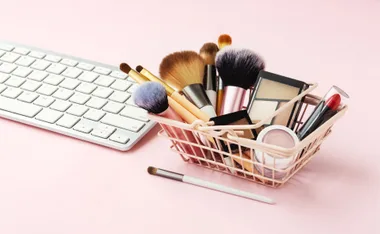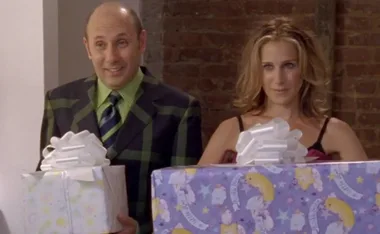What sort of workplace harassment hurts the most? Well, those canny researchers over in Denmark, one of the highest rated countries for gender equality, have taken the time to find out.
In a survey of over 1000 workplaces and over 7,000 Danes, those harassed by colleagues – including bosses, equals and subordinates, scored 2.45 points higher on a depression scale than those who’d never been harassed. Those who’d been harassed by clients or customers, though, scored just 2.05 points higher on the depression scale.

So it looks as if – surprise, surprise – being sexually harassed and therefore belittled by people you have to work with, day-in, day-out, is going to harm your mental health a lot more than the occasional jibe from a customer or client who isn’t breathing down your neck (both figuratively and literally) every day.
That said, the researchers, whose work was published in BMC Public Health, also pointed out that harassment by customers and clients still had ‘adverse consequences’ and shouldn’t ever be seen as ‘part of the job’, reports The Times.
Another finding of the report was which profession sees workers experiencing the most sexual harassment. Care workers are more likely to be sexually harassed by clients or customers than people working in education, service or industrial sectors. Maybe it’s time to retire the sexy nurse stereotype?
How to stop harassment, then? Well, we can beg and beg harassers not to do it, but making big (and even small!) organisations take harassment seriously seems to be a good path to go down.
Though Eni Aluko, footballer for Chelsea and the England team, has not mentioned any form of mental ill-health, she did allege racist bullying at the hands of Mark Sampson, the England team’s manager, earlier this month. The so-called hush money to not mention the allegations has now been rescinded, but Sampson has now been sacked. The FA says this is down to previous allegations of his ‘unprofessional relationships’ while working with 16-19 year old girls and women at Bristol City, but the FA faces scrutiny for not properly attending to either set of allegations sooner.
Perhaps, maybe, if organisations actually show they’ve listened when complaints are made, they could also be saving their skins a bit? The FA doesn’t want to deal with intense attention right now, but why should Aluko have had to deal with harassment, the kind of which, these Danish researchers say, might have very well impact on her health?
Find out your rights when it comes to workplace harassment here
This story originally appeared on The Debrief











